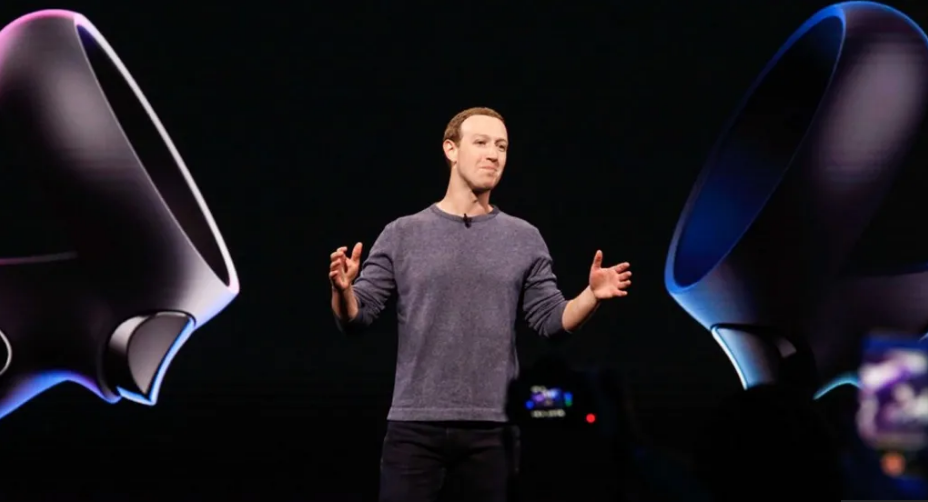Meta is set to introduce AI-driven chatbots across its trio of platforms: Instagram, Facebook, and WhatsApp. This move empowers developers to craft their own unique AI assistants, aiming to boost user engagement. During Meta’s recent Connect developer event, they showcased an AI helper capable of sourcing answers from Microsoft’s Bing and AI-powered image creation. Moreover, users can engage with 28 chatbots embodying celebrities, who’ve given Meta permission to use their voices and likenesses.
Celebrity personas include chef Roy Choi’s Max, ready to whip up recipes from user-input ingredients, and Snoop Dogg as a Dungeon Master guiding text-based adventures. These AI assistants and personas will roll out in beta mode in the US, with Meta planning additional releases in various niches like gaming, philosophy, and fashion over the coming weeks. This concept was initially reported by the Financial Times earlier in the summer.
Mark Zuckerberg, Meta’s CEO, emphasized that this initiative goes beyond mere Q&A. “It’s about entertainment, connection, and aiding users in achieving their goals,” he stated during the event.

In addition, Meta announced tools for developers to create their own AIs for Meta messaging platforms. An upcoming feature will even allow non-coders to build their bots, riding the wave of the generative AI trend following OpenAI’s ChatGPT launch. This announcement comes as Meta rebounds from what Zuckerberg termed a “year of efficiency,” involving staff reductions and project cuts. Despite this, a renewed focus on AI has seen Meta’s stock price soar since its 2022 low.
The company also revealed the next-gen Quest 3 headset, a mixed-reality device merging virtual and augmented realities, priced at $499.99 and slated for release next month. In comparison, Apple’s Vision Pro headset, set for an early release next year, carries a $3,499 price tag.
Zuckerberg remains committed to his metaverse vision, envisioning a future where holographic digital objects populate our surroundings as abundantly as physical ones. He indicated that AI characters like Max could eventually feature as avatars in the metaverse. To ensure privacy and safety, Meta plans a cautious rollout of these features.
On the hardware front, Meta showcased updates to its Ray-Ban smart glasses, adding livestreaming capabilities for Instagram and Facebook. Future iterations promise building recognition and multilingual sign translation.

